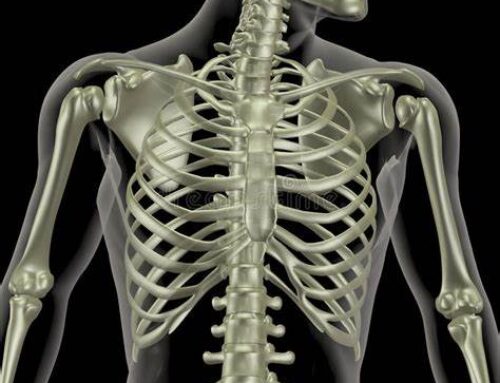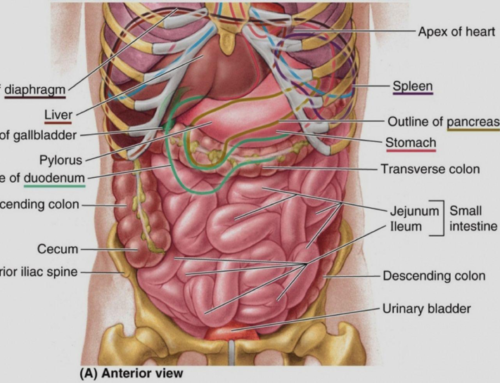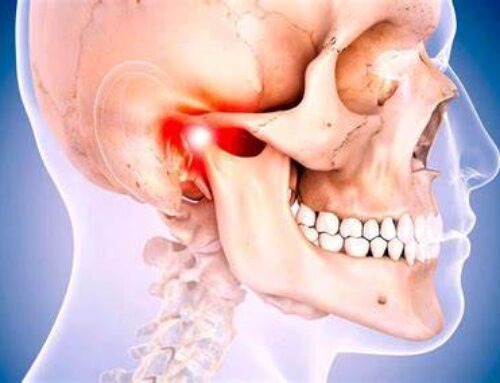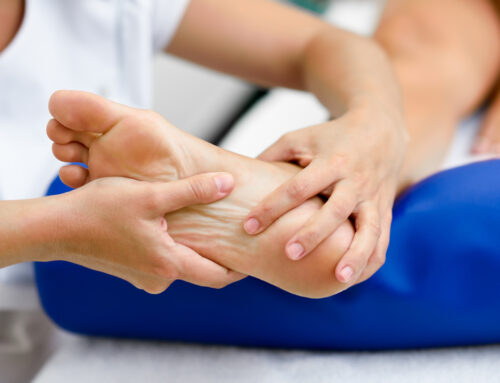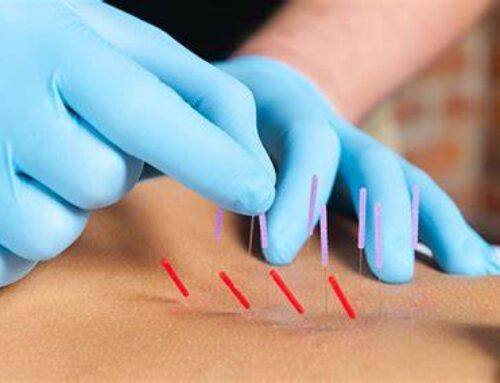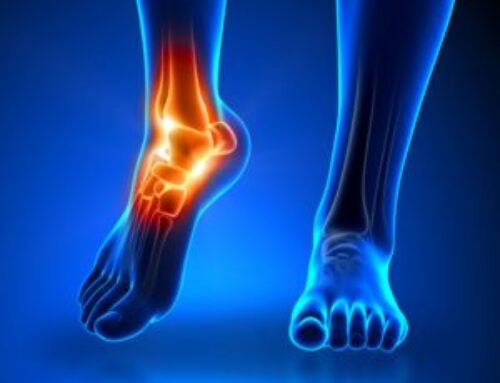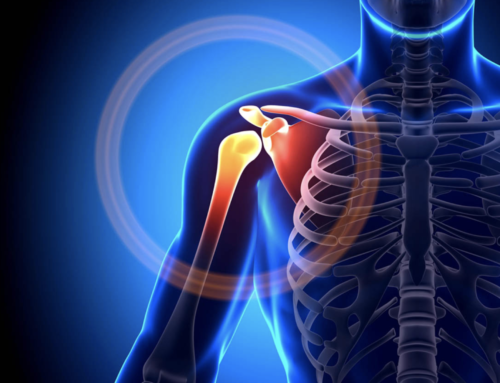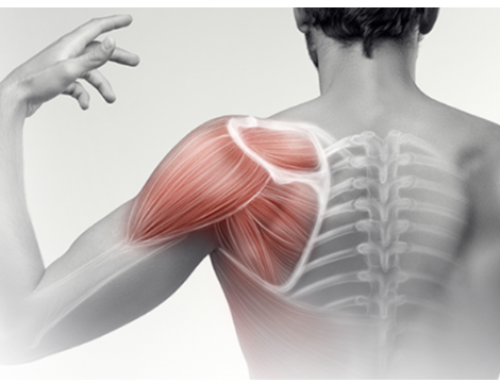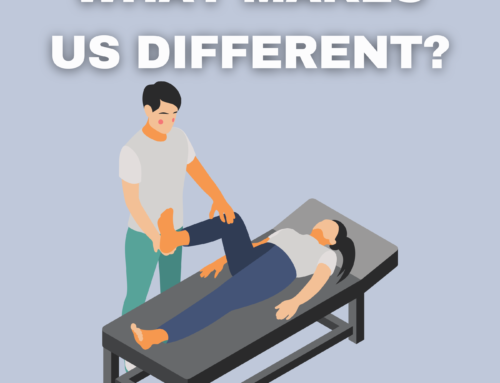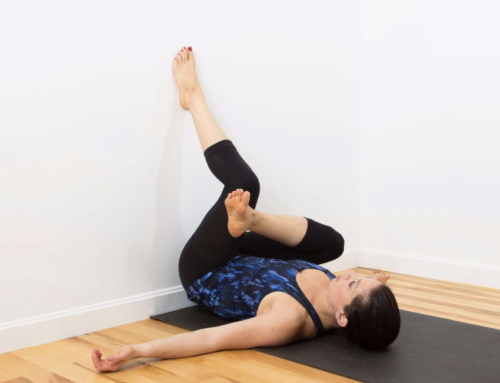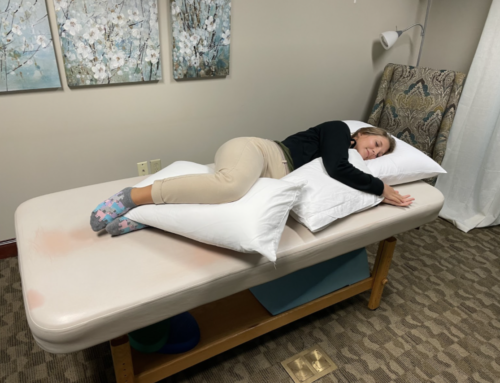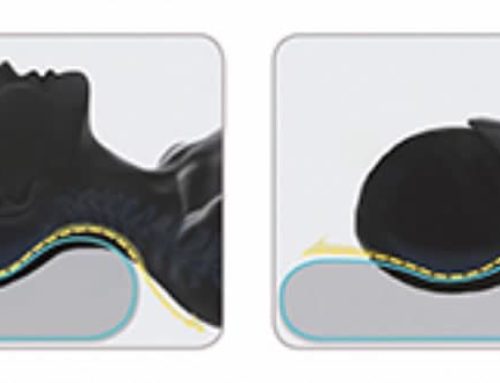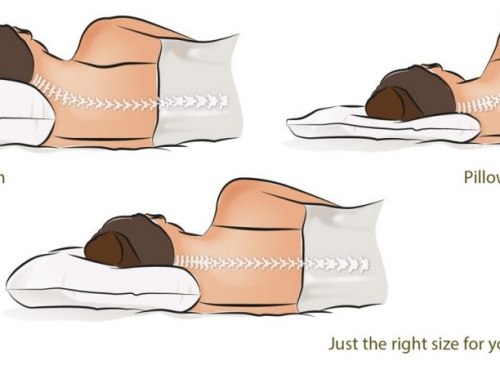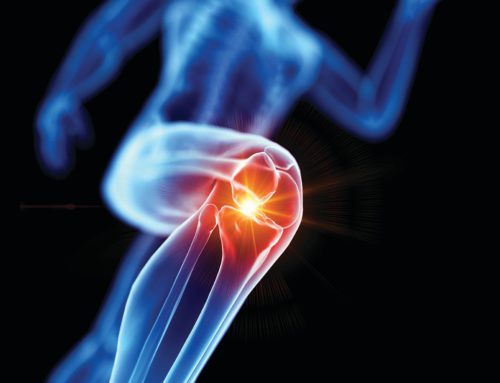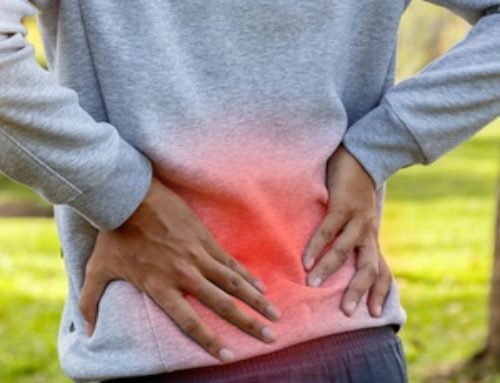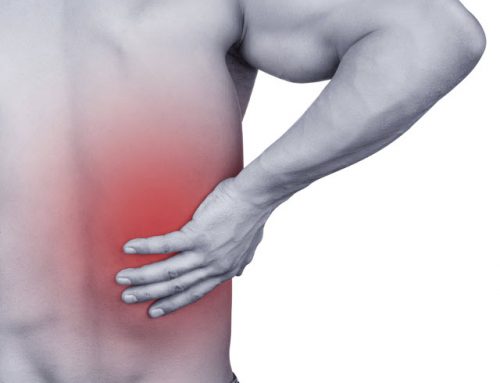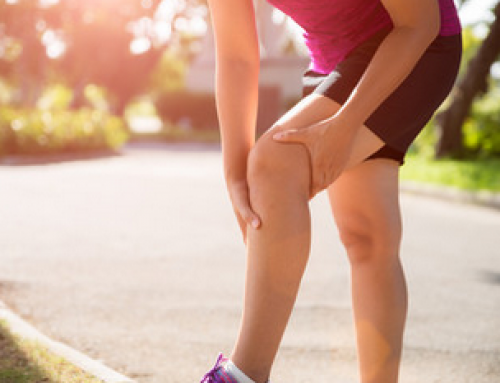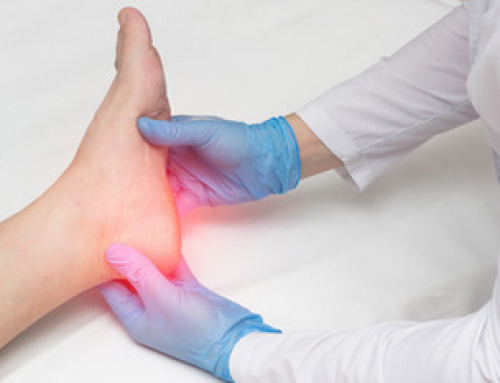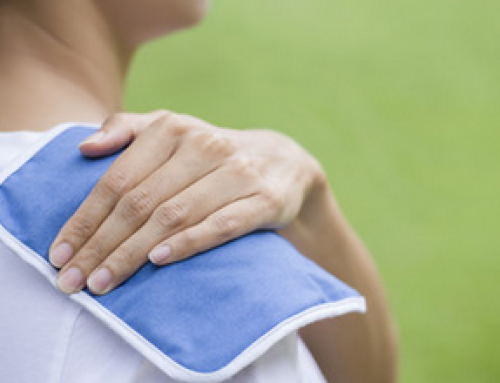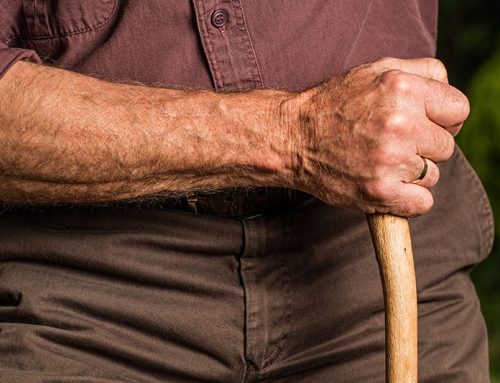Knee osteoarthritis (OA) is a condition that affects many individuals. This condition is a common cause of knee pain and disability in older adults. Options for interventions are often limited to drug therapy for pain relief, physical therapy, recurring injections and surgical interventions. The prevalence of knee OA is continuing to increase and researchers are questioning why this is occurring while we are making improvements in our medical and technological fields.
A recent study came out which compared 2,756 skeletons from individuals living in the 1800s, 1900s and 2000s. Results found the prevalence of knee osteoarthritis in those living in the more recent years of the 1900s and 2000s was 16% which is 2.6 times greater than those living prior to the early 1900s. So what is the cause of this great disparity? The answer points to environmental changes which have increased the likelihood of developing knee OA. The question is whether the link is due to a lack of physical activity or diet. The answer is likely a combination of both.
Participation in actives such as weight training, walking, yoga, tai chi and stretching have all proved beneficial in the management of knee OA. Many individuals have developed healthy habits including getting regular exercise. However, studies have shown that more benefit comes from programs which are progressive in nature. So unfortunately it’s not enough to get to the gym every day and do the same routine each time or attend your bi-weekly yoga session. You need to challenge your body and progress your program. This is where investing in the help of a physical therapist or licensed personal trainer can assist you in learning how to safely and appropriately progress your exercise program. Studies have found that the combination of appropriately dosed exercise programs which are progressive in nature result in better outcomes in individuals with knee osteoarthritis.
Messier and colleagues found that individuals with knee OA who participated in a diet and exercise lifestyle modification resulted in greater weight loss, improved physical function and decreased compressive forces to the knee. These measures were greatest in the combined diet and exercise group versus the diet alone and exercise alone interventions. Therefore, it’s not enough to participate in exercise alone to manage knee OA; diet must be included in the lifestyle modification.
When looking at diet alone, there is also great evidence to show that simply improving diet can reduce factors which lead to the development of arthritis. Over and over, studies and case reports are showing a reduction in inflammation with diet modification. Clinton and colleagues performed a study evaluating the effects of eating a whole food, plant based diet on individuals with OA. Results found that in as short as 6 weeks, the intervention group who ate a plant based diet reported a statistically significant reduction in pain levels compared to the control group. If pain levels can be reduced in 6 weeks, then it may prevent someone from having to pay those costly co-pays to get their yearly injections of Synvisc. The answer may be as simple as choosing broccoli over your processed, sugar filled packaged food at the grocery store.
Most people know that a lack of physical activity and poor diet are unhealthy. However, many may not understand the extent that these factors actually play when it comes to their health. Some may think they have been unlucky in the draw or are genetically doomed to develop arthritis, but with recent research, there is more evidence pointing to the role of environmental factors. So the question begins to turn to the individual. If you know these lifestyle habits are unhealthy, then why do you continue to do them? Is eating that doughnut more important than your ability to ride or bike or play with your grandchildren? The evidence is there, right in front of you, saying to get active, exercise and eat healthy! The choice is yours.
References
1. www.pnas.org/content/early/2017/08/08/1703856114.full
2. Wellsandt, et al. “Exercise in the management of knee and hip osteoarthritis.” Current Opinion in Rheumatology 12 (2017).
3. Messier, Stephen P. et al. “Effects of Intensive Diet and Exercise on Knee Joint Loads, Inflammation, and Clinical Outcomes Among Overweight and Obese Adults With Knee Osteoarthritis: The IDEA Randomized Clinical Trial.” JAMA310.12 (2013): 1263–1273.
4. Clinton, Chelsea M. et al. “Whole-Foods, Plant-Based Diet Alleviates the Symptoms of Osteoarthritis.” Arthritis 2015 (2015): 708152.




